Aphasia
What is Aphasia?
Aphasia is a disorder caused by damage to the parts of the brain that contribute to the understanding or use of language. Aphasia usually occurs in adults who have had a stroke, a brain tumor, infection, brain injury or dementia. Someone with aphasia may find it hard to talk, understand spoken words, and/or read and write. The type or severity of the communication problem will depend on the part of the brain that is damaged and how much damage has occurred.
What can professionals do to help?
Speech-language pathologists (SLP) first assess to determine areas of strength and difficulties, then develop an intervention plan to improve listening, talking, reading and writing skills based on the needs of the individual. SLPs also work with the person’s family and friends to help them understand the nature of the language problems and educate them in ways to help the person with aphasia develop and use their communication skills.
Adults with aphasia often have difficulty dealing with the social and emotional issues that can occur when they lose their ability to communicate as they have in the past. SLPs often lead group therapy sessions to practice conversational skills with other persons with aphasia. These sessions provide support and encouragement to these adults.
Audiologists can assess the hearing of persons with aphasia to ensure that hearing loss or impairment is not a complication. If needed, the audiologist will help with hearing aids and aural rehabilitation to support the person’s ability to communicate.
